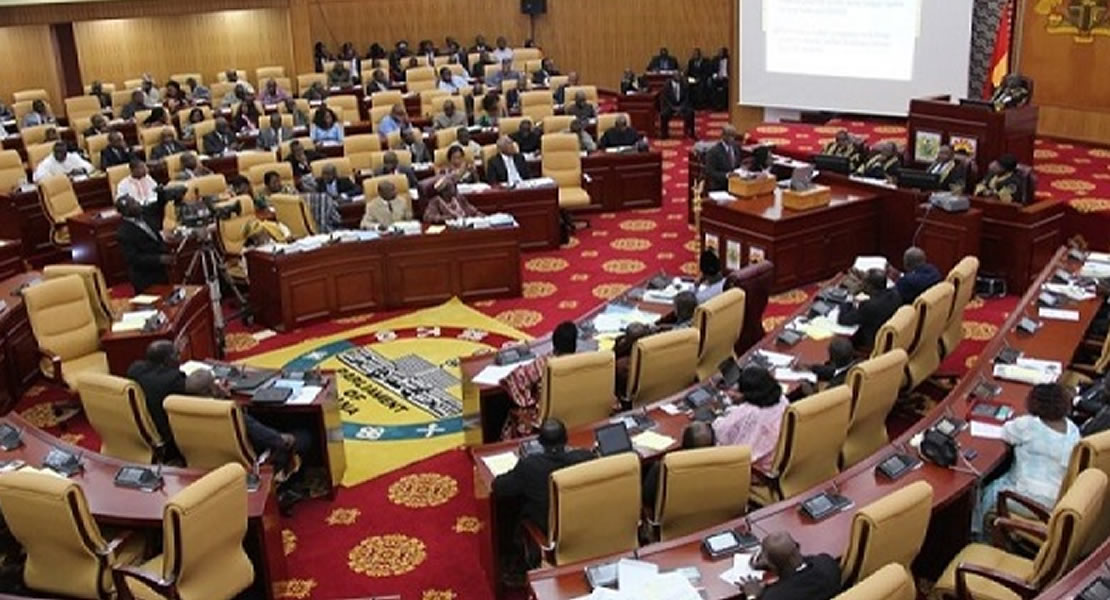
Parliament on Wednesday adopted a report of the Committee of Subsidiary Legislation on transfer pricing regulations, 2012 (L.I.2188), meant to provide the framework for effective application of transfer pricing in the country.
Transfers pricing regulations, 2012 (L.1. 2188) was laid in the house on Tuesday, July 31, 2012 in accordance with Article 11 (7) of the Constitution and referred to the Committee on Subsidiary Legislation for consideration and report pursuant to Order 77 and 166 of the Standing Order of the House.
Mr Felix Abayateye, Vice Chairman of the Committee, who read the report, said the absence of an extensive transfer regulation has led to inadequate taxation of significant number of transactions conducted between related enterprises.
Mr Abayateye noted that the implementation of the pricing regime will allow for a more flexible determination of taxable incomes.
Tax payers will be permitted to choose appropriate transfer pricing methods specified by the Instrument. These methods are the comparable Uncontrolled Price Method, the resale Price methods, the cost plus method, the profit method, and the transactional net margin method.
Tax payers will also be allowed to use other methods aside those specified under the Instrument upon application to the Ghana Revenue Authority, the Vice Chairman said.
“This arrangement would go a long way to boost compliance for optimum benefit”.
According to the report, over the years, Ghana attracted foreign direct investments from multinational enterprise due to the country’s democratic credentials, resources availability, and favourable tax regimes among other positive considerations.
The companies can be found in all sectors of the economy including transport, communications, banking, insurance, real estates and manufacturing.
Statistics from the Ministry of Finance and Economic Planning indicates about 80 per cent of multinational companies have been incorporated as subsidiaries while 20 per cent are registered as branches of foreign companies within the last five years.
He said though these companies contribute their tax revenue, the country continues to lose substantial amount of revenue through under-invoicing and tax avoidance especially as a result of transactions between multinational companies and their subsidiaries.
The Ghana Revenue Authority has been responding to these challenges by employing the avenues for transfer pricing under the Internal Revenue Act, 2000 (Act 592).
GNA